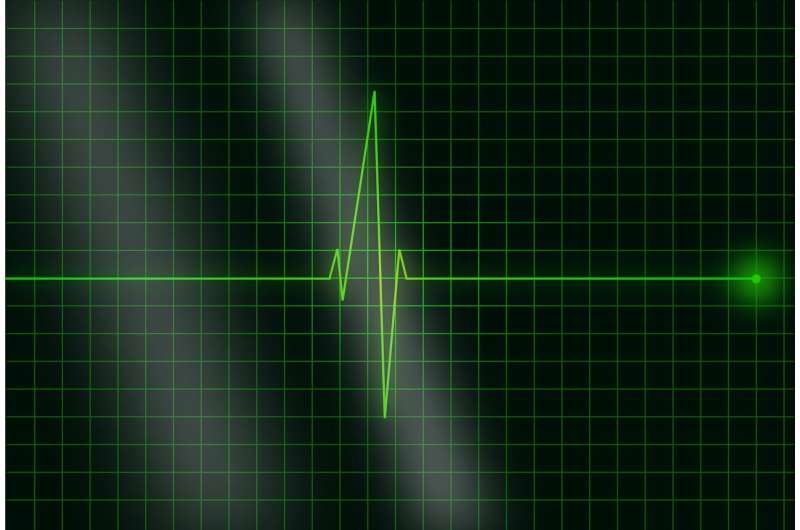
Cardiogenic shock—a life threatening condition when a person’s heart can’t pump enough blood to meet the needs of the body—is most often caused by serious heart attack or advanced heart failure. Historically, data related to cardiogenic shock have been limited, inconsistent and challenging to interpret. As a result, varying treatment recommendations exist around best practices.
To address this need, the American Heart Association, the leading voluntary organization devoted to longer, healthier lives for all, created the Cardiogenic Shock Registry powered by Get With The Guidelines. The new registry will help researchers, clinicians and regulators to better understand the clinical symptoms of shock types, treatment patterns and outcomes. The registry will provide a foundation for working toward improving the quality and consistency of care in patients in U.S. hospitals with cardiogenic shock symptoms.
“To understand how to improve care for cardiogenic shock patients, we first need a clearer view of the landscape of existing treatment practices for cardiogenic shock in U.S.-based acute care settings,” said Mitchell Krucoff, M.D., FAHA, volunteer expert for the American Heart Association and professor of medicine at Duke University, Durham, N.C.
“No organization is better positioned to advance this critical public health question than the American Heart Association, with already established networks of sites entering data on heart failure, acute cardiac syndromes, cardiac arrest and COVID—all of which involve patients at risk of progressing to cardiogenic shock.”
The Cardiogenic Shock Registry builds on more than 20 years of quality improvement and registry experience rooted in the Association’s Get With The Guidelines platform. Data from this no-cost registry will help inform the larger medical community on how best to treat cardiogenic shock.
The steering committee of the American Heart Association Cardiogenic Shock Registry provides guidance and expertise for establishing the registry and managing the data. The steering committee includes leading academic surgeons and cardiologists, representatives from founding funders, as well as representatives of the U.S. Food & Drug Administration and the U.S. Centers for Medicare & Medicaid Services.
The American Heart Association’s Cardiogenic Shock Registry is made possible through the generous financial support of founding supporters Abbott and Getinge.
“The new Cardiogenic Shock Registry will leverage the unparalleled reach of the American Heart Association in a unique collaboration between academic clinicians and researchers, federal agencies and funding supporters’ experts to provide high-quality evidence and promote best practices for the treatment of patients with cardiogenic shock,” said David Morrow, M.D., M.P.H., FAHA, volunteer expert for the American Heart Association and professor of medicine, Harvard Medical School, Boston.
The American Heart Association will use its Precision Medicine Platform, a secure cloud-computing platform to facilitate the research. The Precision Medicine Platform, powered by Amazon Web Services, is a central hub for the cardiovascular and stroke research community to access vast and diverse datasets and cloud-based workspaces that enable state-of-the-art, high-performance computing, analytics and collaboration to accelerate scientific discovery.
Source: Read Full Article